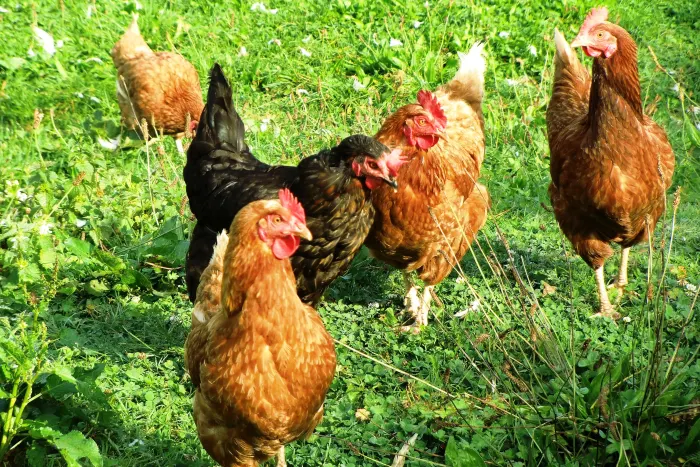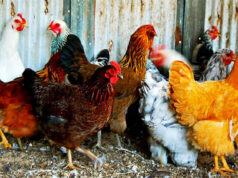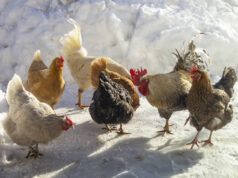One of the most common questions among poultry enthusiasts is, can a chicken lay eggs without a rooster? Understanding the egg-laying process is essential for anyone who is interested in keeping chickens, whether for farming or as pets. In this article, we will explore this question in detail and provide you with a comprehensive understanding of the relationship between hens and roosters.

The Basics of Egg Production
Before diving into whether a rooster is necessary, it’s important to understand how egg production works. Chickens, like all birds, have a unique reproductive system that enables them to lay eggs. The process occurs naturally and is driven by a combination of hormones and environmental factors.
How Chickens Lay Eggs
Egg production in chickens begins in the ovary, where yolks are formed. From there, these yolks move through the oviduct, picking up layers of egg white, membranes, and finally the shell. This entire process takes about 24-26 hours and repeats regularly, allowing a hen to lay an egg nearly every day.
Role of Hormones in Egg Production
Hormones play a vital role in regulating egg production. The key hormones involved are estrogen and progesterone, which are responsible for stimulating the ovary and oviduct to produce and move the egg through the reproductive tract.
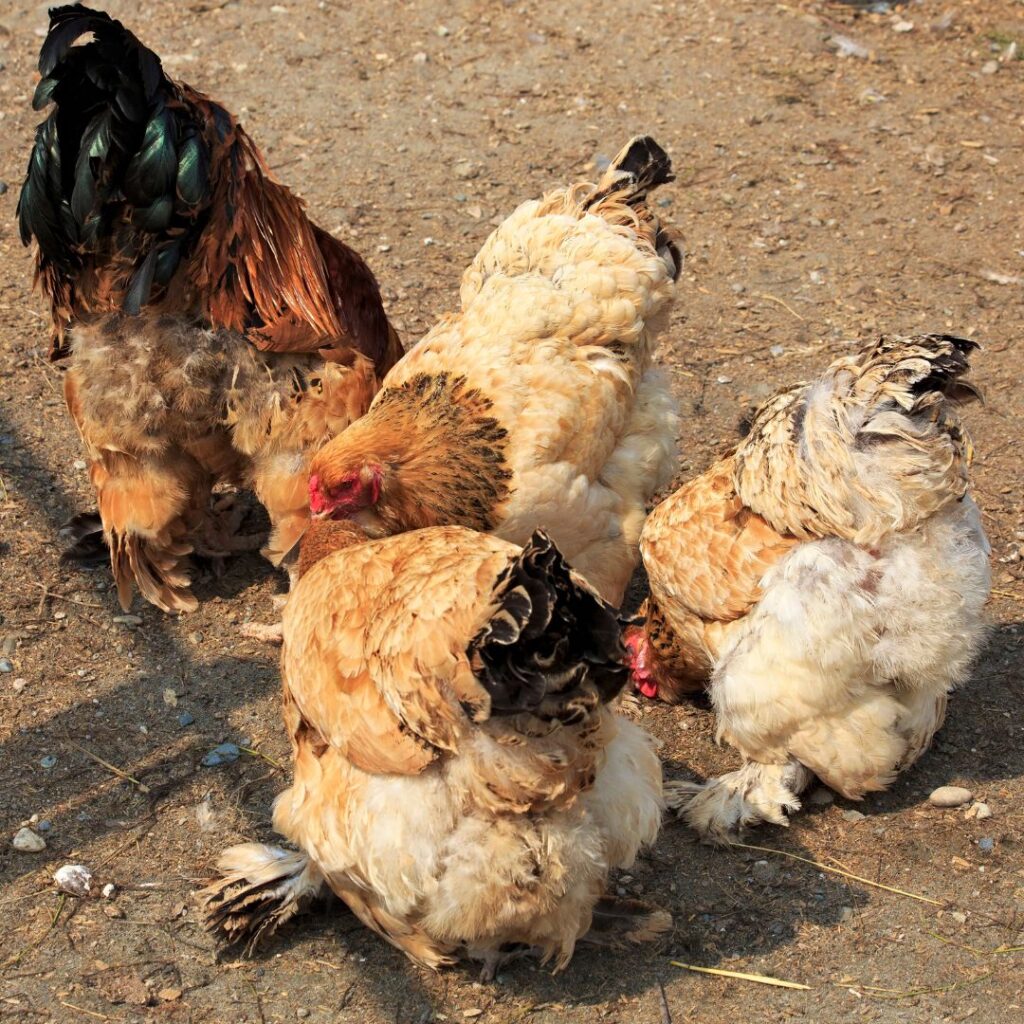
Is a Rooster Necessary for Egg Laying?
Contrary to popular belief, hens do not need a rooster to lay eggs. The presence of a rooster is only necessary for fertilization. Hens will lay unfertilized eggs regardless of whether a rooster is present or not.
Hens Laying Without Roosters
Even in the absence of a rooster, hens will continue their normal egg-laying cycle. The primary difference is that these eggs will not hatch into chicks because they are unfertilized.
Advantages of Keeping Hens Without Roosters
There are several benefits to keeping hens without roosters. For instance, hens tend to be less stressed, and there is no risk of aggressive behavior or flock dynamics issues that can sometimes arise when a rooster is present.
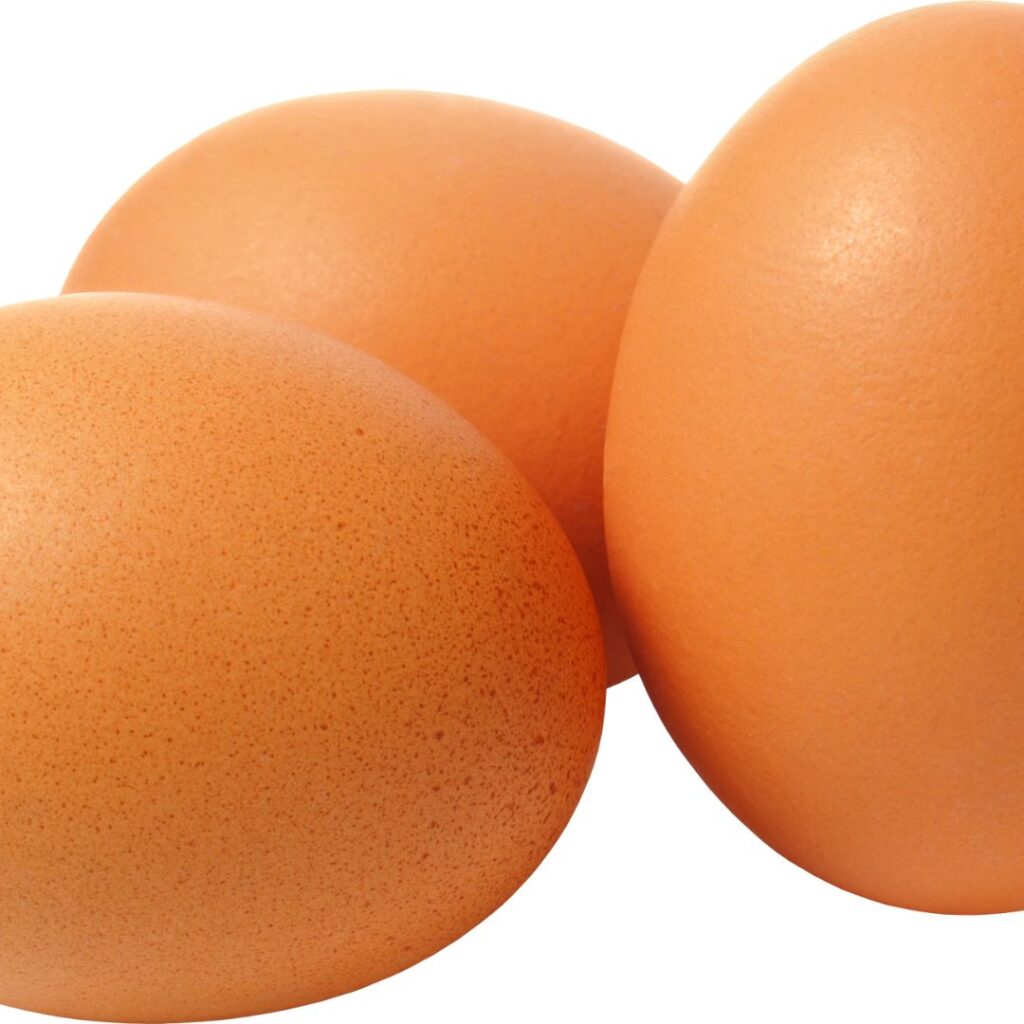
Reasons to Keep a Rooster
While its clear that a rooster isnt required for egg production, there are still reasons why some poultry enthusiasts choose to keep one or more roosters in their flock.
Fertilized Eggs
If youre interested in breeding chickens and hatching chicks, then a rooster is necessary. Fertilized eggs are required for hatching. Without a rooster, the eggs laid will be unfertilized and will not develop into chicks.
Protection for the Flock
Roosters can provide an added layer of security for your flock. They tend to be more vigilant and aggressive, which can help in protecting hens from predators.
Social and Behavioral Benefits
The presence of a rooster can also enhance the social structure within the flock. Roosters often act as leaders and can facilitate better interaction among hens.

Common Misconceptions
There are several misconceptions about the role of roosters in egg production and flock management. Here, well address some of the most common myths.
Myth: Roosters Affect Egg Quality
One common misconception is that roosters improve the quality of the eggs laid by hens. In reality, the presence of a rooster has no impact on egg nutrition, taste, or overall quality.
Conclusion
Understanding the role of roosters in egg production can help you make informed decisions about managing your flock. While hens do not need a rooster to lay eggs, there are other benefits to keeping a rooster, depending on your specific goals.
FAQs
Can hens lay eggs every day?
Yes, most hens can lay eggs nearly every day when they are in peak laying condition.
What happens if there is no rooster?
Hens will continue to lay unfertilized eggs, which are perfectly safe for consumption.
Are fertilized eggs different?
Fertilized eggs are required for hatching, but they do not taste or look different from unfertilized eggs.
As an Amazon Associate, I earn from qualifying purchases.
